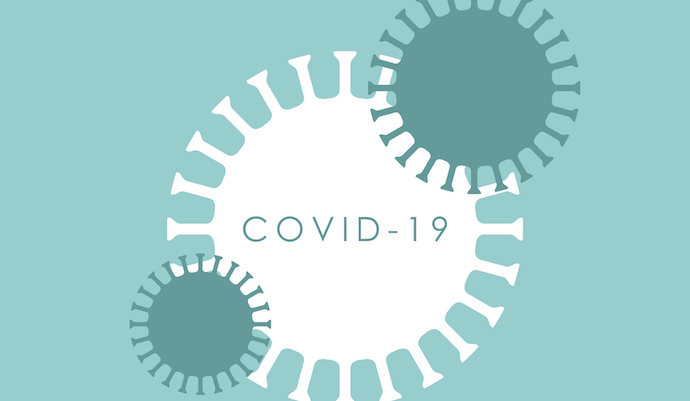Long-Term COVID-19 Symptoms Associated with Higher Unmet Needs
Cost of care and access to care barriers were higher among patients who experienced post-COVID-19 conditions and led to unmet needs.

Source: Getty Images
- Patients with a post–COVID-19 condition (PCC) faced higher unmet needs due to affordability and access to care barriers, a study published in JAMA Network Open found.
Data for this study came from the Health Reform Monitoring Survey which researchers fielded online from June 17 to July 5, 2022. The survey had nearly 9,500 participants. A little over a third of the 9,484 participants had been diagnosed with COVID-19.
For the purposes of this study, PCC was defined as any symptoms of coronavirus that lasted for over four weeks after having the virus. The survey results were self-reported.
The researchers measured access and affordability by looking at four factors: foregoing care in the past year due to cost or challenges finding a provider or navigating insurance, having a regular place of care, having medical debt that is past due, and struggling to cover family medical bills in the past year.
Of the 3,382 respondents who had been diagnosed with the coronavirus, 22.5 percent currently had a PCC. The survey found that this population tended to have more unmet needs than participants who did not have any PCCs or those who never received a coronavirus diagnosis.
Patients with PCC had a harder time navigating their health plans than patients without PCC. Prior authorizations posed a challenge for many PCC patients, leading to unmet needs (16.6 percent). Almost 16 percent of PCC patients had trouble finding a doctor who would accept their health insurance.
Communication with health plans was another barrier to care. Nearly 14 percent of patients had challenges communicating with payers about the cost of care, their network, or the services that their health plans covered.
These challenges with health insurers may be related to the ambiguity around PCC treatment, the researcher explained.
“Insurers may deny reimbursement for tests and procedures that they do not consider medically necessary,” the researchers stated.
“Prior authorization and other use-management practices may also be associated with claim denials and other administrative burdens for patients. Insurance regulators and self-insured employers may potentially set standards for these practices to reduce delays in access to tests and treatments.”
The most common challenge patients with PCC faced that led to unmet needs was the cost of care. Almost three in ten participants with PCC (27 percent) reported that cost was a barrier to care for them in the past year. Almost a quarter of adults with PCC said that they had struggled to afford medical bills in the past year and nearly the same share had past-due medical debt.
The second most common barrier to care was securing an appointment quickly. Nearly a quarter of patients with PCC reported that getting an appointment was difficult (22 percent).
Another 16.4 percent of PCC patients responded that they had trouble finding a doctor who would accept new patients. A little more than one in ten PCC patients had trouble getting to a care site while it was open (11 percent). And 7.6 percent of PCC patients said that scheduling a telehealth visit was a barrier to care.
Access to care challenges might also reflect the fact that very little is known about PCC chronic disease management, the researchers suggested.
Social determinants of health also posed a challenge for PCC patients. Respondents with PCC reported that challenges in finding transportation resulted in skipped care. However, patients with PCC did not report such challenges at a rate higher than the respondents who did not have PCC.
“Limiting cost sharing for PCC and other chronic illnesses beyond the public health emergency could reduce medical debt and forgone care by spreading the risk of high costs more broadly across the population,” the researchers concluded.
“In addition, further research is needed to gain a deeper understanding of patient experiences in seeking care for PCC symptoms, monitor whether access challenges persist over time, and assess social, economic, and health outcomes associated with unmet needs for care.”
